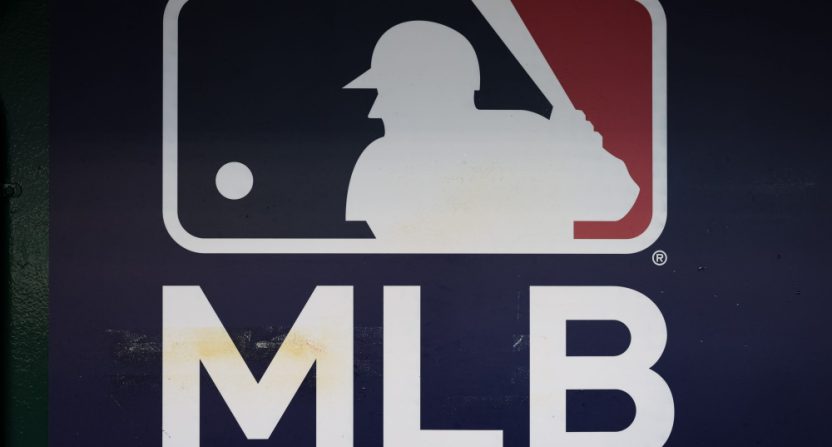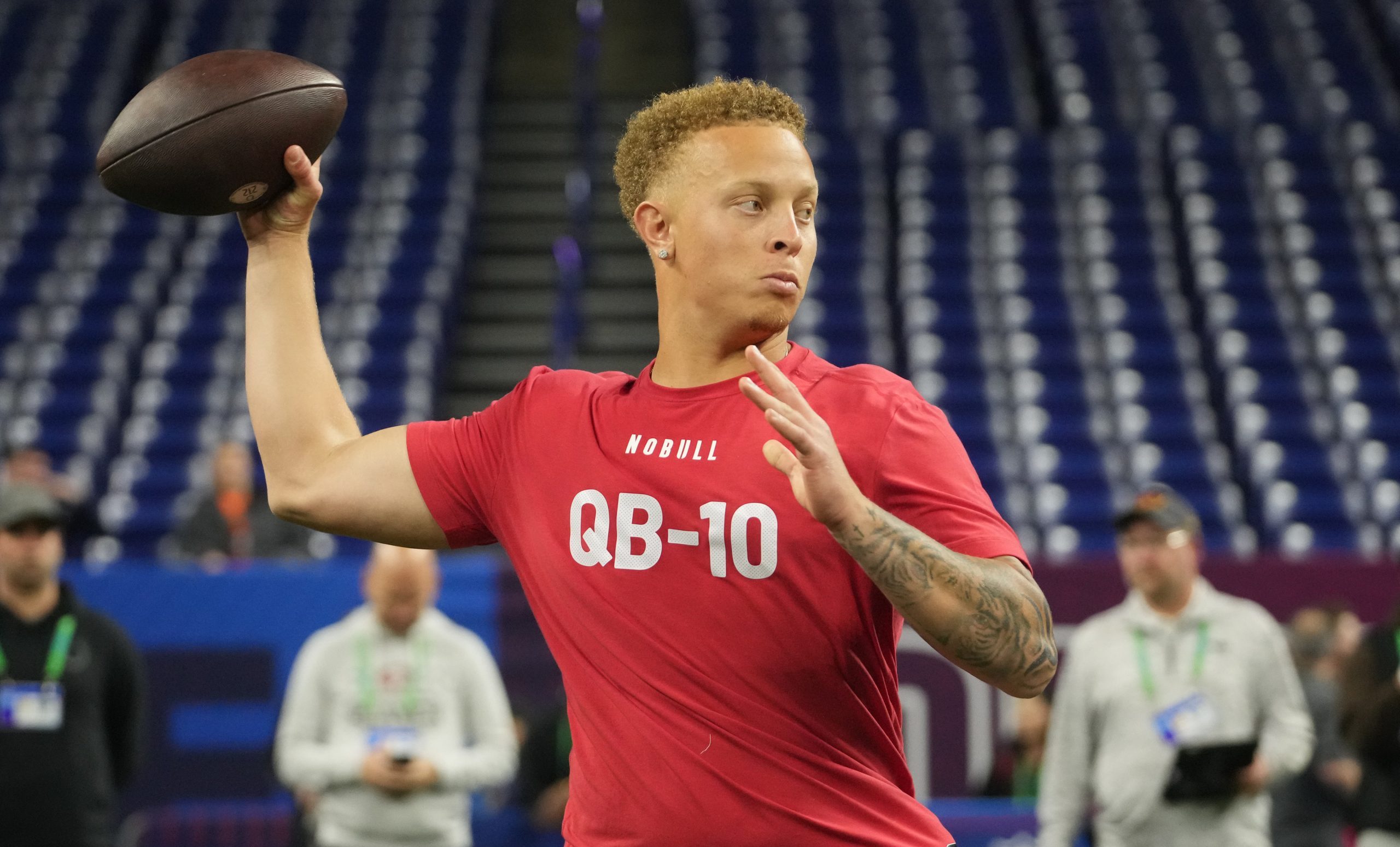The last few months have seen things move very quickly with Major League Baseball and regional sports networks. Back in January, MLB announced the hire of veteran RSN executive Billy Chambers (most recently chief financial officer and chief operating officer at the Bally Sports RSNs) to the new role of executive vice president of local media. Following further concerning RSN stories, including the Sinclair-owned Bally Sports RSNs seemingly heading for a bankruptcy restructuring and (more concerning still) Warner Bros. Discovery reportedly shorting rights payments and then announcing they were leaving the RSN business and looking to transfer those rights back to teams. And now, MLB has hired three more prominent RSN executives to work in the new local media department under Chambers: Doug Johnson, Greg Pennell, and Kendall Burgess. Here’s more on those moves from a release:
Major League Baseball hired three new staff members to its newly created Local Media department led by media industry executive Billy Chambers, who started on February 1st. With decades of regional sports network experience, Doug Johnson, Greg Pennell, and Kendall Burgess will join MLB in the coming weeks to further bolster MLB’s capabilities in local media production, operations, and distribution.
…“These new hires are an important step in our preparation to address the changing landscape of MLB game distribution in light of the increasing challenges and pressure facing regional sports networks,” said Noah Garden, MLB Chief Revenue Officer. “The decades of experience and expertise in game production and operations that Doug, Greg, and Kendall bring to Major League Baseball reinforces our commitment to deliver the highest quality game telecasts to our fans.”
Johnson will join as senior vice president and executive producer, local media, and will be responsible for “overseeing all games produced locally by MLB.” He joins from AT&T SportsNet Pittsburgh, one of those three soon-to-be-ex-WBD networks (Root Sports Northwest, where they have a minority interest, is reportedly not impacted yet), where he oversaw both day-to-day operations and long-term planning. Meanwhile, Pennell comes in as senior vice president, local media, and will be responsible for “the production operations of all local MLB telecasts.” He comes in from the Bally Sports networks, where he oversaw day-to-day financial operations across those networks. And Burgess comes in as vice president of local media technical operations, and will oversee “the technical operations of the local MLB telecasts.” She also comes from the Bally Sports networks, where she was vice president of technical operations.
These are prominent hires of people with a lot of RSN experience. Staffing up the league office this way makes it look more and more likely that the MLB office will be taking over the AT&T RSNS, at least for baseball broadcasts. Those networks are AT&T SportsNet Pittsburgh (Pirates), AT&T SportsNet Southwest (Astros), and AT&T SportsNet Rocky Mountain (Rockies). Those networks all have other teams as well (the NBA’s Rockets and Jazz, and the NHL’s Penguins and Golden Knights), and it’s unclear what will happen there, but it’s certainly possible MLB-owned networks could continue with those relationships as well.
And it’s notable that WBD has said they’re willing to transfer those networks just for a release from future claims, and that the networks could keep using the same talent and production staff. That could mean these new MLB executives in the local media department are overseeing the networks, but the networks wouldn’t necessarily have to conduct wholesale personnel changes below them, at least not immediately. And all of Johnson, Pennell, and Burgess are quite familiar with RSN operations. (It is also of course possible that those networks just go away and MLB starts new ventures for those teams, possibly bringing in broadcast and production talent from the ex-RSNs.)
Just how big this local media department gets, and exactly what it winds up overseeing, is still yet to be determined. Beyond the AT&T networks, there are the 19 Bally RSNs that seem headed for that bankruptcy restructuring. A restructuring alone doesn’t necessarily mean any change in those broadcasts, as it’s likely to be largely about who owns the networks (with lenders taking over equity from Sinclair), and it’s possible those networks continue as normal under new management.
But if the Bally RSNs do wind up missing rights payments, MLB commissioner Rob Manfred has said the league is prepared to step in to broadcast games. So there could be movement there too. And there’s also the discussion around ending local blackouts and possibly combining local broadcasts with the out-of-market MLB.tv package in some way, which all came up when Chambers was hired. So there’s a lot that could fall under this department’s purview. And they now have quite the roster of executives working for them. It will be worth watching what they do.
[MLB logo photo from the Washington Nationals dugout last October, taken by Scott Taetsch/USA Today Sports]







